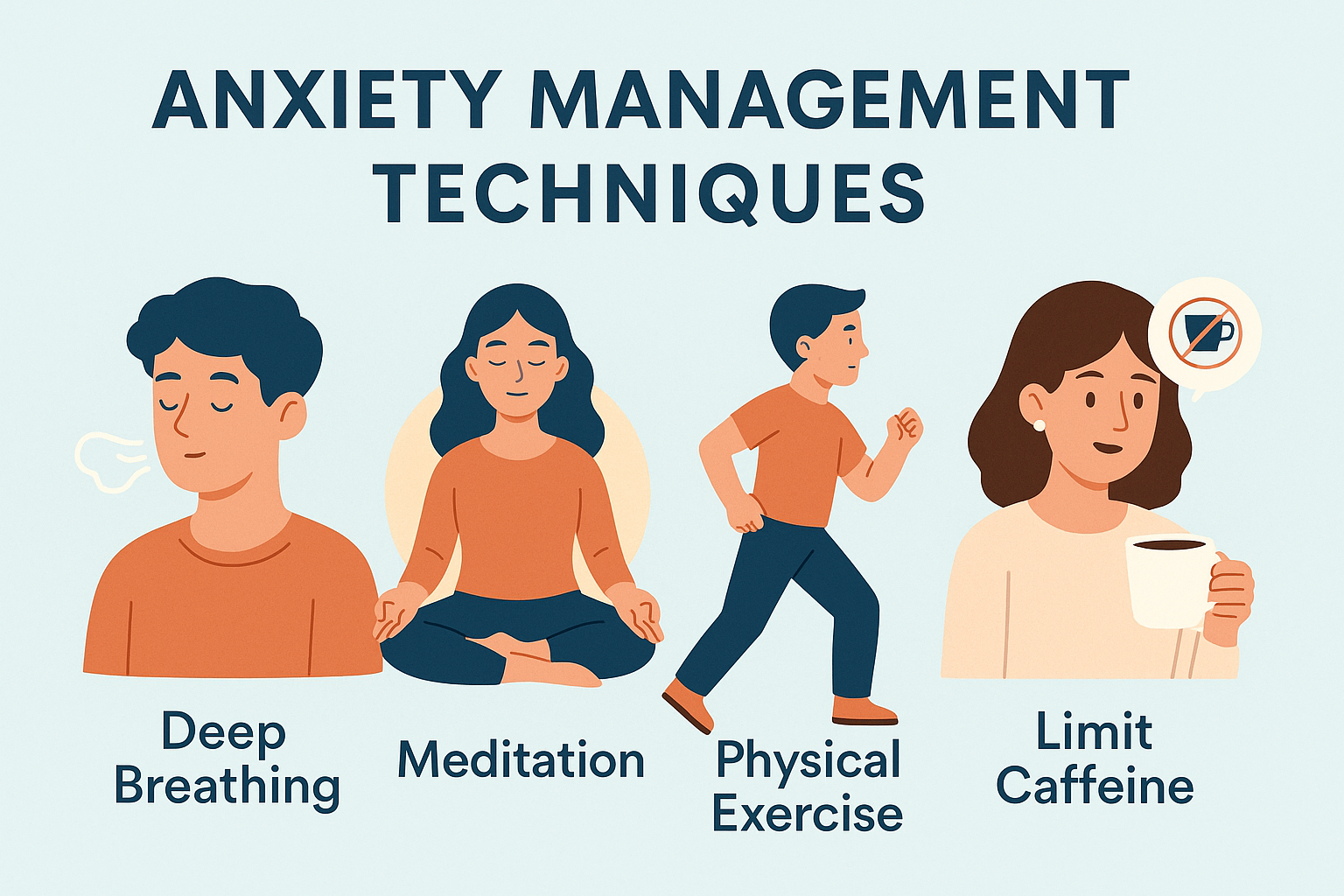
Post-Divorce Parenting Isn’t Easy, Especially With Teens. Here’s What Can Help
Post-divorce parenting can feel like you're constantly getting it wrong, especially with your teen.
One minute they’re slamming doors, the next they’re shutting you out completely. You're trying to be present and do the right thing… but every effort feels like it hits a wall.
The truth? Rebuilding trust with your teen after a divorce is hard. But rebuilding that bond isn’t out of reach.
At Beckloff Behavioral Health Center, we know divorce is tough, and we want to help you help your children cope with the impact of parent separation. This blog article is here to help you take those first real steps toward healing that relationship.
The Emotional Toll of Divorce on Parent-Teen Relationships
Divorce can shake the ground beneath a parent-teen relationship. The trust that once felt solid may start to crack, sometimes in small, quiet ways, and sometimes all at once.
Teens might begin to question your choices or feel like they can’t count on you the way they used to. That kind of uncertainty can make it harder for them to open up, and easier for walls to go up instead.
You might notice your teen holding back, afraid that if they speak honestly, they’ll be judged or brushed off. Communication becomes strained. Conflicts pop up more often. And before long, it can feel like you’re living in the same house but worlds apart.
Changes in the family structure can also make it harder to keep clear boundaries. Parents may feel unsure about how strict to be or how to stay consistent, while teens might test the waters, pushing limits to see what still holds. The result? More confusion, rising tension, and even less trust.
6 Strategies for Rebuilding Trust in Parent-Teen Relationships Post-Divorce
Rebuilding trust in parent-teen relationships post-divorce requires intentional effort and a commitment to open communication.
Here are some strategies that can help:
1. Let Them Feel What They Feel: Your teen might be angry, shut down, or overwhelmed, and that’s okay. Let them know their emotions are valid.
Say things like, “It makes sense that you’d feel that way,” or “You don’t have to hold it all in.” Simply knowing you see and accept their pain can be a huge relief.
2. Listen Without Jumping In: When your teen talks, try to be there with them. Put your emotions on pause and focus fully on what they’re saying.
This will show them that their voice matters.
3. Be Open and Real: It’s okay to admit that the divorce has been hard for everyone. Being honest helps build a foundation of trust. Teens appreciate when adults don’t sugarcoat things but also don’t overburden them.
4. Reset the Rules Together: Things have changed, meaning rules might need to change, too.
One of the most powerful ways to support your child post-divorce is to build an environment where they feel safe, understood, and respected. Involve them in conversations about boundaries and expectations when they have a voice in the process, they’re more likely to respect the structure you put in place.
5. Make Space for Connection: Quality time doesn’t have to be fancy. A walk around the block, grabbing their favorite takeout, or watching a show together can create small moments of closeness.
6. Get Extra Support if You Need It: A family therapist or counselor can give you and your teen the tools to handle big feelings and move forward healthier. Reaching out is a sign of strength, not failure.
Rebuild Trust Through Therapy That Supports Post-Divorce Parenting in Dallas, TX
Beckloff Behavioral Health Center supports you, your teen, and your whole family with care grounded in trust, respect, and real connection.
From post-divorce therapy to co-parenting support and child-parent relationship training, our team is ready to help you rebuild the bond that matters most.
Schedule your appointment today, and let’s work together toward healing, growth, and hope.



